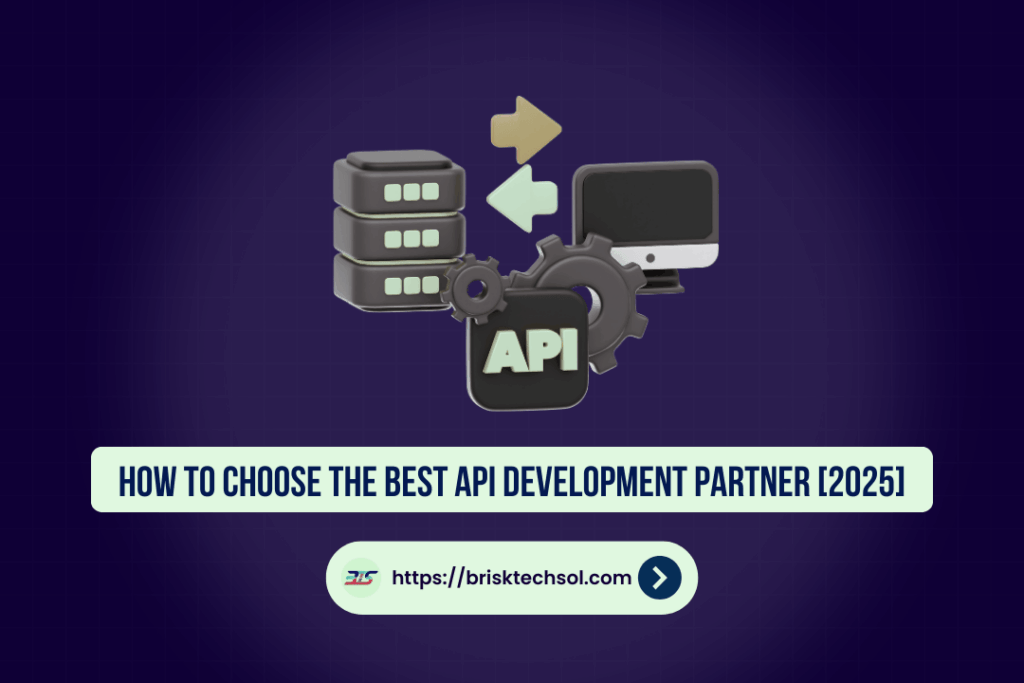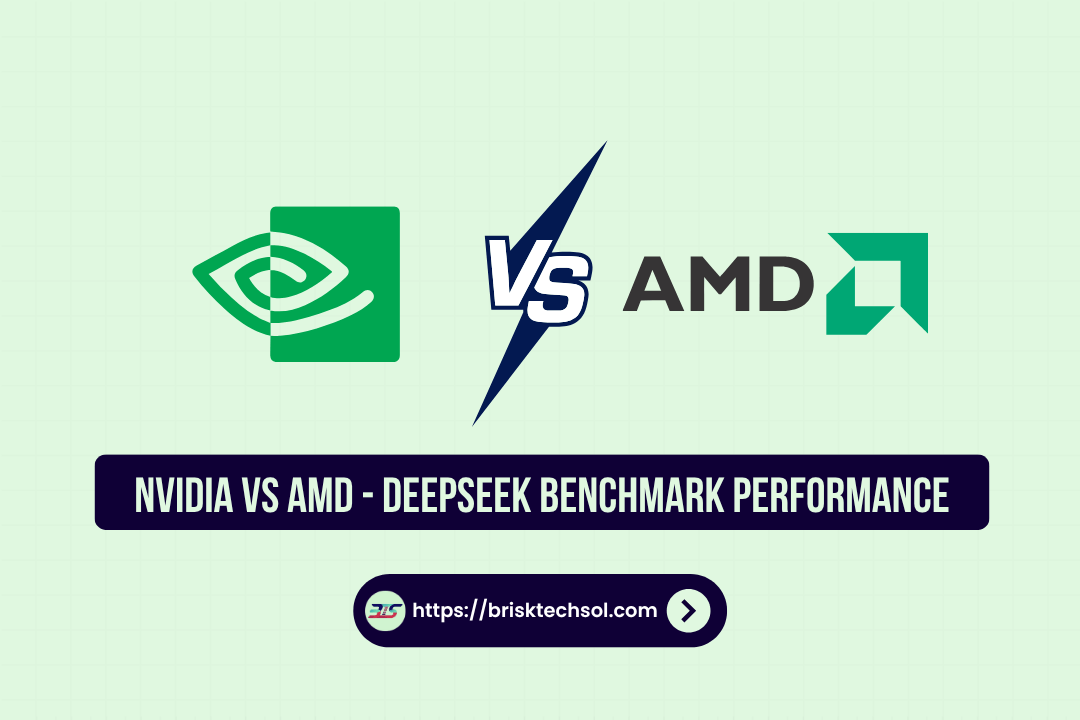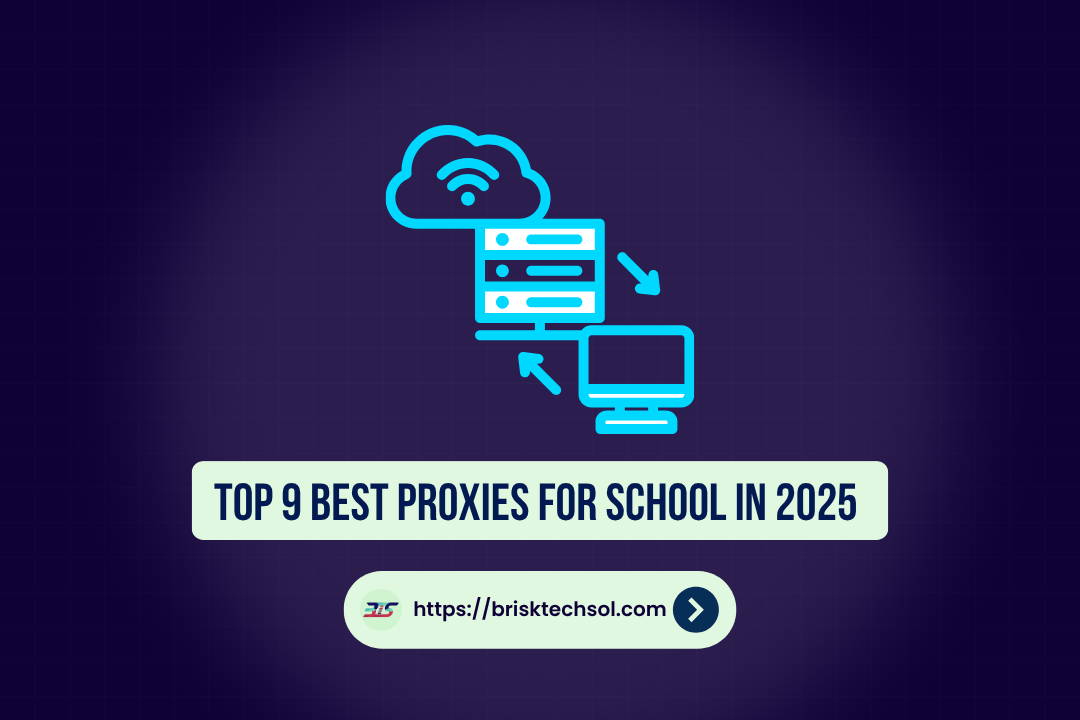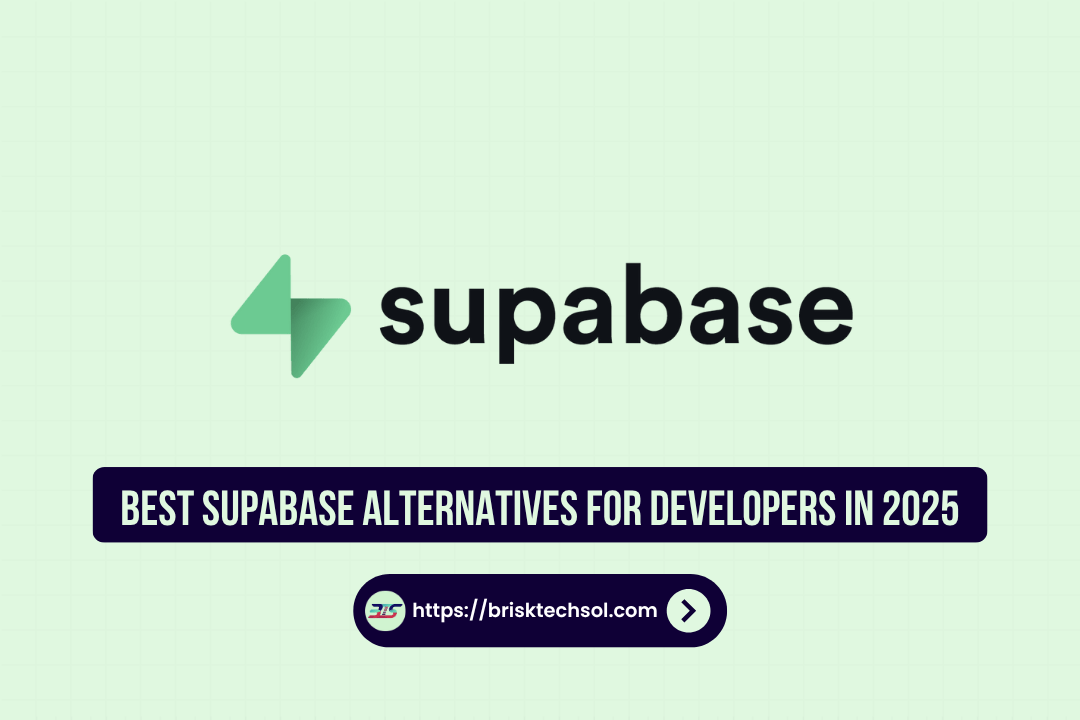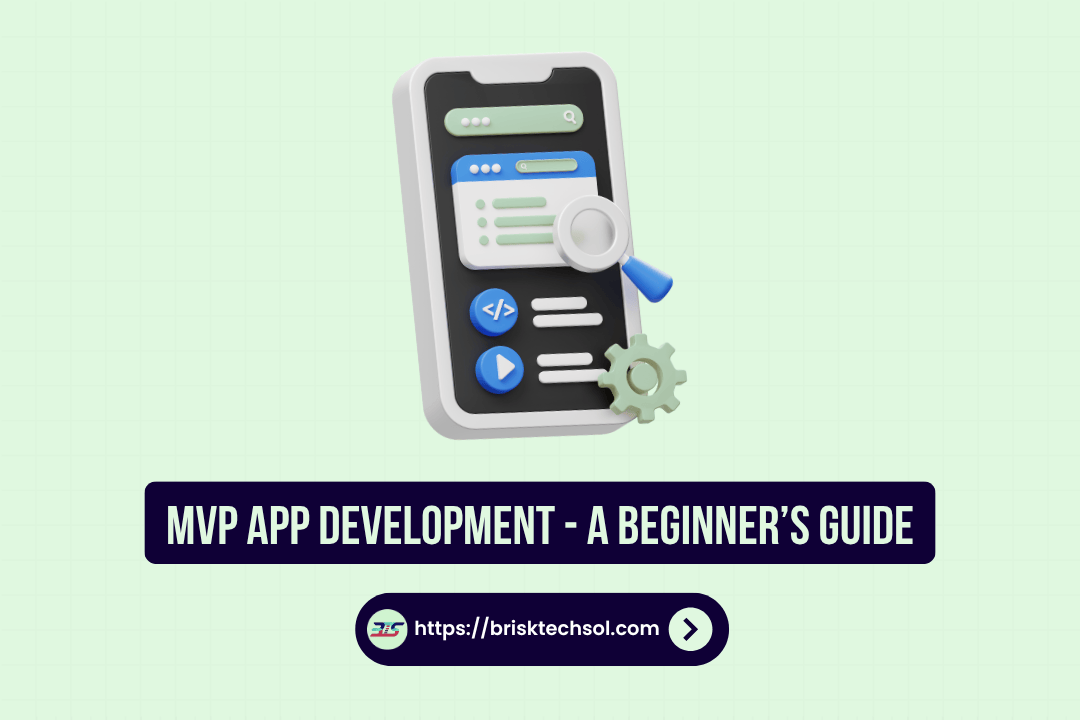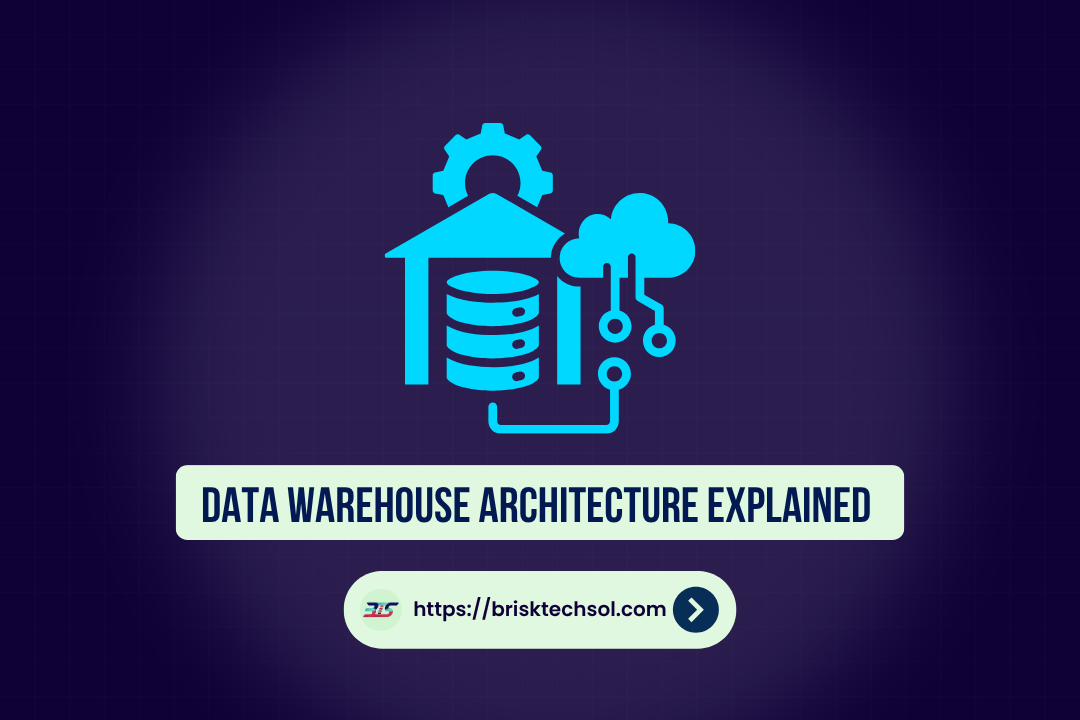Businesses that want to be more efficient and reach more people online need to make sure they choose the right API development partner. The best partner makes sure that systems work well together and provides safe, scalable solutions that can be changed to meet new needs. This guide will show you the most important traits to look for in a partner, how to evaluate them properly, and how to deal with problems that may come up along the way.
Importance of an API Development Partner
Today’s businesses depend on API development, or application programming interface development, to facilitate smooth data exchange and communication between systems. Designing, creating, and maintaining APIs that seamlessly integrate with other services and guarantee dependable performance requires collaboration with an experienced API development team.
What Does an API Development Partner Do?
By creating APIs that facilitate smooth communication between your apps, websites, and external systems, an API development partner gives your company more power. Their knowledge includes everything from integrating payment gateways, cloud services, and external data sources to developing REST APIs for mobile apps.
APIs Backbone of the Modern Tech Ecosystem
APIs (Application Programming Interfaces) are essential for modern business in today’s digital world because they facilitate seamless communication between systems, partners, and customers. They serve as conduits, enabling data sharing and collaboration among software. Systems would remain isolated in the absence of APIs, leading to inefficiencies and lost opportunities.
APIs assist companies in growing, innovating, and streamlining procedures as digital transformation picks up speed. They make it possible for businesses to quickly adjust to changes in the market, improve customer experiences, and implement new technologies. APIs are essential to the growth and success of businesses in a connected world, supporting everything from cloud services and mobile apps to IoT devices and e-commerce platforms.
Why Businesses Need API Development Support
Many companies hire outside developers for specialized knowledge, even though some have internal teams dedicated to developing APIs. This guarantees that the project will be managed by experts with a track record of developing scalable, effective APIs. Additionally, outsourcing enables businesses to concentrate on their core competencies rather than technical duties. It removes the difficulties of internally managing API integrations, such as maintaining industry standards, guaranteeing scalability, and troubleshooting. Businesses can reduce expenses, save time, and provide high-quality solutions to spur innovation and growth by collaborating with outside experts.
Core Responsibilities of an API Development Partner
An API development partner is essential for:
- Creating and implementing APIs that are suited to business requirements.
- Utilizing state-of-the-art technologies and industry best practices when creating APIs.
- Utilizing cutting-edge encryption and authentication techniques to guarantee strong security.
- Supplying ongoing assistance, upkeep, and updates to sustain long-term, ideal API performance.
Key Qualities in an API Development Partner
The success of your project depends on selecting the best API development partner. A competent team will create high-performing, safe, and scalable APIs that meet your company’s requirements. Seek out demonstrated proficiency, prior work experience, a solid portfolio, and a dedication to cooperation and open communication.
Experience and Expertise
When selecting an API development partner, experience is the most crucial consideration. Seek partners who have experience developing APIs, particularly in your sector or specialty. A partner who has developed APIs for a comparable technical environment or business model will be better equipped to anticipate problems, provide better solutions, and implement best practices.
Technical Skills and Tools
The technologies that are most pertinent to your needs should be the areas of expertise for your API development partner. This includes knowledge of programming languages such as JavaScript, Python, or Java, as well as frameworks like Node.js, Django, or Flask. They should also know how to use well-known API protocols REST or GraphQL, as well as authentication technologies like OAuth.
Security Standards
One of the most important considerations in API development is API security. A trustworthy API partner will adhere to security best practices like:
- Ensuring appropriate authentication (JWT, OAuth).
- Encrypting data with HTTPS.
- Putting input validation into practice to stop injection attacks.
- Following security compliance guidelines (e.g., GDPR, HIPAA).
Additionally, the partner should be capable of conducting comprehensive security audits, spotting possible weaknesses and taking proactive measures to fix them. To guarantee that your API stays safe and current in the face of changing threats over time, they should also apply frequent updates, such as software patches and security improvements.
Scalability and Flexibility
Scalability must be considered when designing APIs. Your API should be able to manage more data and traffic as your company expands without experiencing any performance issues. Your partner should concentrate on developing adaptable APIs that are simple to expand or update to meet changing requirements.
Communication and Collaboration
When collaborating with an outside partner, effective communication is essential. Select a partner who is open to communication, responsive, and transparent. To keep the API development project on schedule, a solid partnership depends on cooperation, frequent updates, and well-defined milestones.
Choosing the Right API Development Partner
It’s important to carefully consider an API development partner’s portfolio, technical expertise, and development methodology when selecting one. Take into account these crucial actions to expedite your decision-making process:
Review Their Portfolio
A reputable API development partner should have a strong portfolio that demonstrates their previous work and experience. This portfolio should showcase a variety of successful projects, highlighting their expertise in different industries, the complexity of APIs they’ve built, and the practical solutions they’ve delivered.
- Successful API project examples.
- Examples of how they resolved challenging technical issues.
- References or testimonies from clients.
Since industry knowledge can be essential for success, you should also see if they have experience working with companies in your sector.
Technical Expertise
It’s important to thoroughly evaluate the technical skills of the API development team to ensure they can meet your project requirements. Consider their experience with different programming languages, familiarity with API frameworks, and ability to design secure and scalable solutions.
- Their expertise in the required technologies, including programming languages, frameworks, and tools for your project, ensuring efficient, high-quality work.
- Their experience with APIs for mobile apps, cloud services, or IoT solutions, which is crucial for integrating systems or building scalable applications.
- Their knowledge of API best practices like versioning to manage changes, rate limiting to prevent overloads, and error handling for clear feedback and reliable performanc
Collaboration and Cultural Alignment
Cultural fit is a key factor that can greatly impact a project’s success but is often overlooked. Choosing a partner whose team aligns with your company’s values, work ethic, and communication style is essential. When both teams respect and understand each other, it builds a stronger, more cohesive working relationship. A good cultural fit fosters collaboration, making it easier to handle changes, address challenges, and resolve conflicts. By prioritizing cultural alignment, you set the stage for smoother communication and a more productive partnership, driving the project toward success.
Support and Post-Launch Services
An ideal API development partner offers support beyond launch, handling troubleshooting, bug fixes, and updates to keep your API running smoothly. This includes monitoring performance, quickly addressing downtime, and applying security patches to protect your data. They should also have a clear plan for post-launch maintenance, including regular updates to ensure compatibility with new technologies and evolving user needs. With a reliable partner managing these tasks, your API stays dependable and adaptable as your business grows in a constantly changing digital landscape.
Security Best Practices
Verify that the partner complies with industry-specific laws and standards, such as GDPR, HIPAA, or PCI DSS, depending on your industry. Sensitive data will be protected and possible breaches will be avoided thanks to their ability to incorporate security measures into the API design.
Cost Considerations for API Partners
When selecting an API development partner, cost is important, but it shouldn’t be the only consideration. A partner’s quality and experience are just as important as staying within your budget. Although a low price might seem alluring, it may result in problems with support, scalability, or functionality. The cost should be commensurate with the worth, expertise, and dependability required to finish your project effectively and to your satisfaction.
Pricing Models
API development partners typically operate under one of two pricing models:
- Hourly Rate: Best suited for smaller or short-term projects with an undefined or evolving scope. This model offers flexibility as the project unfolds.
- Fixed Price: Ideal for projects with a clearly defined scope. It provides greater budget predictability and minimizes financial uncertainties.
Value vs. Cost
While it may be tempting to opt for the lowest price, remember that true value lies in expertise, quality, and support. A budget-friendly partner lacking the necessary skills or resources could result in subpar APIs, leading to higher costs later to address issues or improve performance.
Hidden Costs
API development extends beyond the initial build. Ongoing maintenance, updates, and new feature additions often come with additional expenses. Ensure your contract clearly outlines post-launch costs, including support, scalability, and any future enhancements. By balancing cost with value and planning for long-term needs, you can select an API development partner that delivers quality and reliability without unwelcome surprises.
API Development Challenges and Solutions
Building and launching APIs isn’t always easy. From handling authentication and security to making sure everything scales and performs well, there’s a lot to think about. Every step takes careful planning to get it right. Let’s break down some common challenges in API development and deployment, and explore ways to tackle them for a smoother process.
Poor Documentation
Poor or unclear documentation is one of the most significant obstacles for developers trying to use an API effectively. Without proper guidance, integration becomes a frustrating and time-consuming process. To overcome this, ensure your API partner prioritizes comprehensive, well-structured documentation that includes:
- Clear usage examples.
- Detailed error messages and debugging instructions.
- Version control guidelines.
Security Issues
Security is a top concern in API development. A poorly secured API can leave sensitive data exposed or vulnerable to attacks. Mitigate these risks by working with a partner who implements robust security measures, such as:
- Strong authentication protocols like OAuth or JWT.
- Data encryption during transmission using SSL/TLS.
- Regular security audits and vulnerability assessments.
Performance and Scalability Issues
As traffic and data demands grow, APIs must remain efficient and reliable. Performance issues can lead to delays, errors, or outages. To ensure your API handles growth, follow these best practices:
- Rate limiting: Limits the number of requests a user or app can make in a set time, preventing server overload during traffic spikes.
- Load balancing: Distributes workloads across servers to maintain consistent performance.
- Data caching: Stores frequently accessed data to speed up response times and reduce database queries.
These strategies help your API meet current demands while staying scalable for future growth.
Communication Gaps
Miscommunication between you and your development partner can lead to delays, misunderstandings, or subpar results. To prevent this, establish clear expectations from the start. Regular check-ins, transparent documentation, and collaborative planning can build a stronger partnership and keep the project on track. By addressing these challenges proactively, you can ensure a smoother API development process and build a solution that delivers value to your business.
Key Takeaways
- Proactive planning is key to tackling API development challenges. Set clear goals, identify risks, and create a roadmap to stay focused and adaptable as issues arise.
- Clear communication with your team promotes collaboration and prevents misunderstandings. Regular check-ins, open discussions, and shared documentation keep everyone aligned.
- Allow enough time for testing to ensure high-quality APIs and reduce post-launch issues. Functional, performance, and security tests help catch problems early.
- Prioritize detailed, easy-to-follow documentation to keep the project on track and support both your team and future developers.
- Address potential roadblocks early to build stronger APIs. Preparing for challenges like scalability or integration ensures smoother implementation and long-term success.
FAQs
What is an API development partner?
An API development partner is a company or team of developers who specialize in designing, building, and maintaining APIs for businesses. They help integrate various systems and services to streamline operations.
How do I choose the best API development partner for my business?
Look for partners with a proven track record, relevant technical skills, strong communication abilities, and a focus on security. Assess their portfolio and customer service to ensure they can meet your business needs.
What factors should I consider when evaluating potential API partners?
Evaluate their technical expertise, previous work, customer support services, and security practices. Ensure they are a good cultural fit for your team.
How much does it cost to hire an API development partner?
API development costs can vary widely based on complexity, scope, and the partner’s location. Prices generally range from $50,000 to $150,000 for custom-built APIs, with additional costs for maintenance and support.
What are the most common API development challenges?
Common challenges include poor documentation, security risks, scalability issues, and communication gaps. These can be mitigated with clear documentation, robust security practices, and effective project management.


